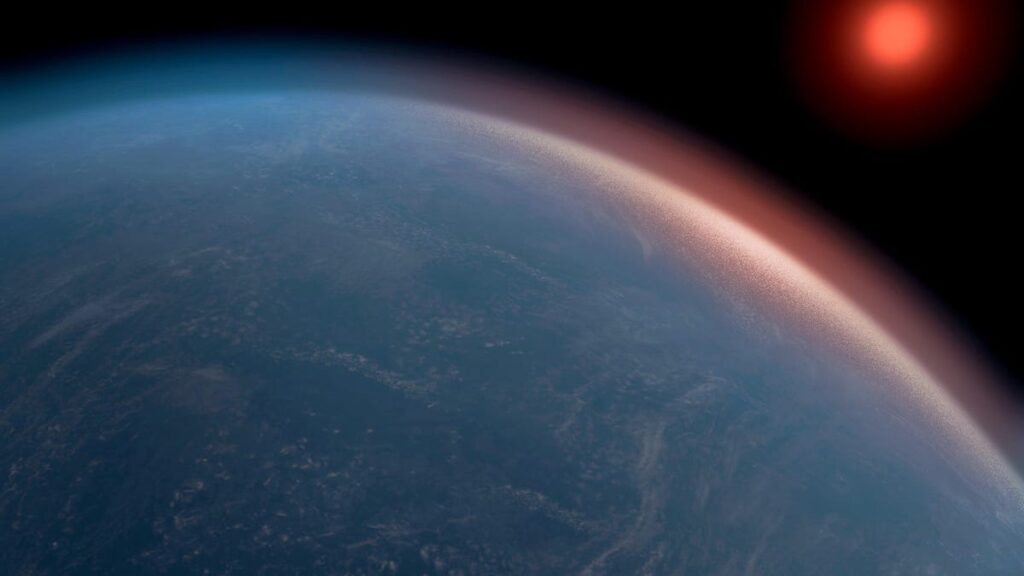Astronomers from the University of Cambridge are nearing statistically significant findings that could indicate the presence of life on the distant exoplanet K2-18B. Utilizing data from the James Webb Space Telescope, they detected chemical traces of dimethyl sulfide (DMS) and/or dimethyl disulfide (DMD). The university highlighted that these findings represent strong evidence that life could exist beyond our solar system. The results, published in the Astrophysics Journal, suggest the presence of oceans on K2-18B, which expands the search for habitable environments on similar planets.
However, skepticism exists regarding these findings. Science writer Corey S. Powell criticizes how media outlets report on potential discoveries of alien life, warning against drawing premature conclusions from such data. K2-18B is located 124 light-years away, significantly larger than Earth yet smaller than Neptune. The research underscores that finding basic signs of life could mean more planets with conditions suitable for life might exist.
Christopher Glein, a geochemist, emphasizes that while the findings are exciting, caution is warranted. He stresses the need for further studies to confirm the presence of DMS/DMDS and to explore the abiotic conditions of K2-18B. Glein argues that multiple pieces of independent evidence are necessary to reach a scientific consensus on the existence of life, likening the process to prosecuting a case in court. He believes that this research represents only the initial step in a broader exploration of life possibilities on K2-18B and similar planets.
Source link


